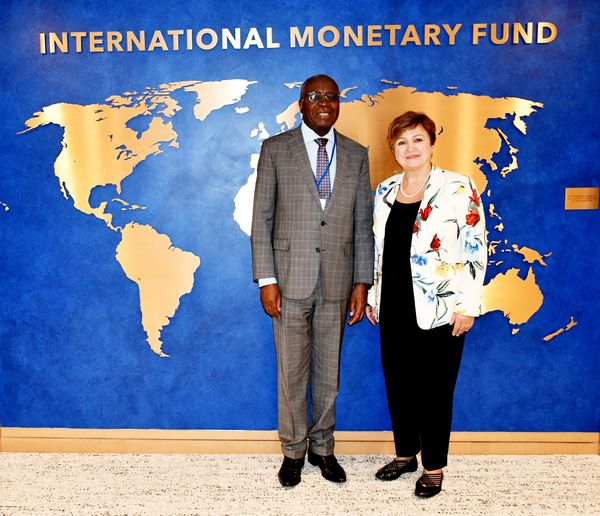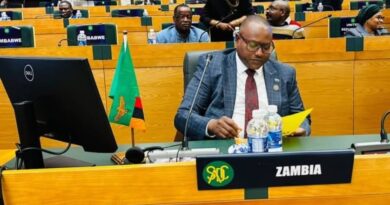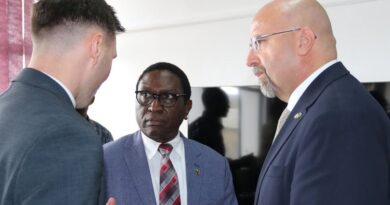IMF and Zambia Reach Staff-Level Agreement on Fourth ECF Review
The Zambian Government and the International Monetary Fund (IMF) have reached a Staff-Level Agreement following the fourth review of Zambia’s economic policies and reforms under the Extended Credit Facility (ECF).
The agreement, led by IMF Mission Chief Mercedes Vera Martin, concludes discussions that spanned from October 2 to October 15 in Lusaka, continuing at the IMF-World Bank Annual Meetings in Washington, D.C.
This development moves Zambia closer to accessing a fifth tranche of SDR 139.9 million ($185.5 million), contingent upon IMF management approval and Executive Board consideration, expected by mid-December.
The IMF revised Zambia’s GDP growth projection for 2024 to 1.2%, citing the improved power supply as a potential driver for economic resilience. Zambia’s government aligns with IMF findings, noting economic milestones including a current account shift to surplus due to increased copper exports and reduced imports.
A primary budget surplus of 3.4% of GDP by end-June exceeded program targets, reflecting Zambia’s commitment to fiscal consolidation despite domestic financial constraints.
Finance Minister Dr. Situmbeko Musokotwane highlighted the government’s achievements amid challenging conditions, including drought-related food insecurity. Social spending has been increased to support vulnerable communities through enhanced cash transfer programs.
Additionally, the IMF anticipates a 6.2% economic growth in 2025, driven by agricultural and mining recovery and further bolstered by prudent fiscal policies and ongoing debt restructuring efforts.
The agreement outlines four key pillars: sustaining social spending in the 2025 budget, building economic and climate resilience, maintaining agile monetary policy to combat inflation, and accelerating structural reforms to enhance private sector growth.
Acknowledging climate risks, both parties agreed on the need to improve public financial management, strengthen oversight of state-owned enterprises, and combat corruption.
“We are grateful for the IMF’s support and confident in Zambia’s path toward macroeconomic stability, debt sustainability, human development, and governance improvement,” Dr. Musokotwane said.
The ECF arrangement, initially approved in August 2022 and augmented in July 2024, has now disbursed $1.1 billion to Zambia out of a total $1.7 billion, supporting the nation’s homegrown economic reform agenda.



